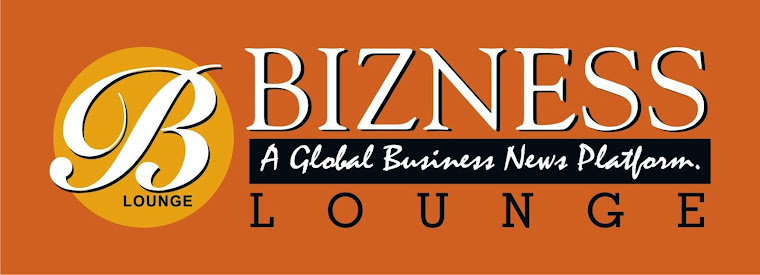The Swiss National Bank's move on Thursday to abandon a
cap on the Swiss franc against the euro is part of a strategy to fight
deflation, Brown Brothers Harriman's global head of markets strategy told CNBC.
Before 2011, when the central bank implemented the cap, it tried buying foreign bonds as a type of quantitative easing, Marc Chandler said in a "Squawk Box" interview. That failed to fight to deflation, so the Swiss enforced the currency cap, he said.
"Now they're giving up on it. The force at work here is not about the euro zone, though I agree that anticipation of sovereign bond-buying in the euro zone in the next two meetings helped compel the central bank to abandon it's previous strategy," he said. "The key here is that oil prices, commodity prices have collapsed. Many countries are fighting with deflation."
The Swiss franc rose nearly 30 percent against the
euro following the Swiss bank's announcement that it would remove a 3-year-old cap of 1.20 francs per euro.
Read MoreSwiss franc soars, stocks tank as euro peg scrapped
Asked what financial sector dislocations will follow, Chandler said he felt bad for retail investors in foreign exchange, calling that market a highly leveraged "dangerous game." He expects the U.S. bond market to rally, with yields continuing to fall, and said retail and institutional investors have little choice but move into equities.
"The currency is a very small part of global reserves. This is important for speculators. It's important for some investors, but at the end of the day, I think, the point really is it's indicative of the pressure of other countries, as well, with falling oil prices, experiencing deflation or disinflation, and what it really turns into is very low nominal growth and this is a challenge not only for the Swiss National Bank, but for all central banks," he said.
Read MoreGold jumps to 4-month high after Swiss bank move
The development on Thursday marked the Swiss central bank's admission that its policy had failed, Boris Schlossberg, managing director at BK Asset Management, told "Squawk Box."
"This is the single biggest surprise. Everybody thought it was going to be the market that would drive the euro-Swiss down," he said, adding, "I think what they realized was basically it was impossible to hold the peg after [the European Central Bank] was going to do QE."
Before 2011, when the central bank implemented the cap, it tried buying foreign bonds as a type of quantitative easing, Marc Chandler said in a "Squawk Box" interview. That failed to fight to deflation, so the Swiss enforced the currency cap, he said.
"Now they're giving up on it. The force at work here is not about the euro zone, though I agree that anticipation of sovereign bond-buying in the euro zone in the next two meetings helped compel the central bank to abandon it's previous strategy," he said. "The key here is that oil prices, commodity prices have collapsed. Many countries are fighting with deflation."
The Swiss franc rose nearly 30 percent against the
euro following the Swiss bank's announcement that it would remove a 3-year-old cap of 1.20 francs per euro.
Read MoreSwiss franc soars, stocks tank as euro peg scrapped
Asked what financial sector dislocations will follow, Chandler said he felt bad for retail investors in foreign exchange, calling that market a highly leveraged "dangerous game." He expects the U.S. bond market to rally, with yields continuing to fall, and said retail and institutional investors have little choice but move into equities.
"The currency is a very small part of global reserves. This is important for speculators. It's important for some investors, but at the end of the day, I think, the point really is it's indicative of the pressure of other countries, as well, with falling oil prices, experiencing deflation or disinflation, and what it really turns into is very low nominal growth and this is a challenge not only for the Swiss National Bank, but for all central banks," he said.
Read MoreGold jumps to 4-month high after Swiss bank move
The development on Thursday marked the Swiss central bank's admission that its policy had failed, Boris Schlossberg, managing director at BK Asset Management, told "Squawk Box."
"This is the single biggest surprise. Everybody thought it was going to be the market that would drive the euro-Swiss down," he said, adding, "I think what they realized was basically it was impossible to hold the peg after [the European Central Bank] was going to do QE."

No comments:
Post a Comment